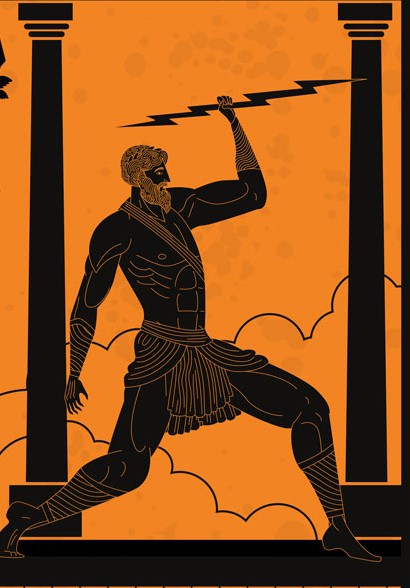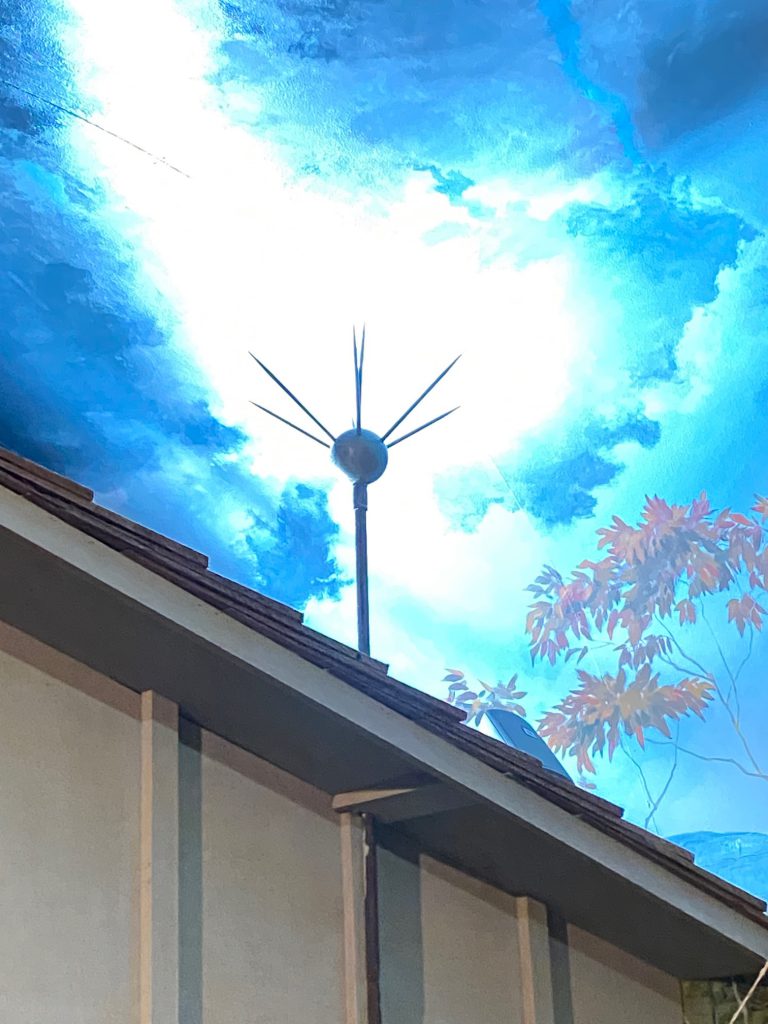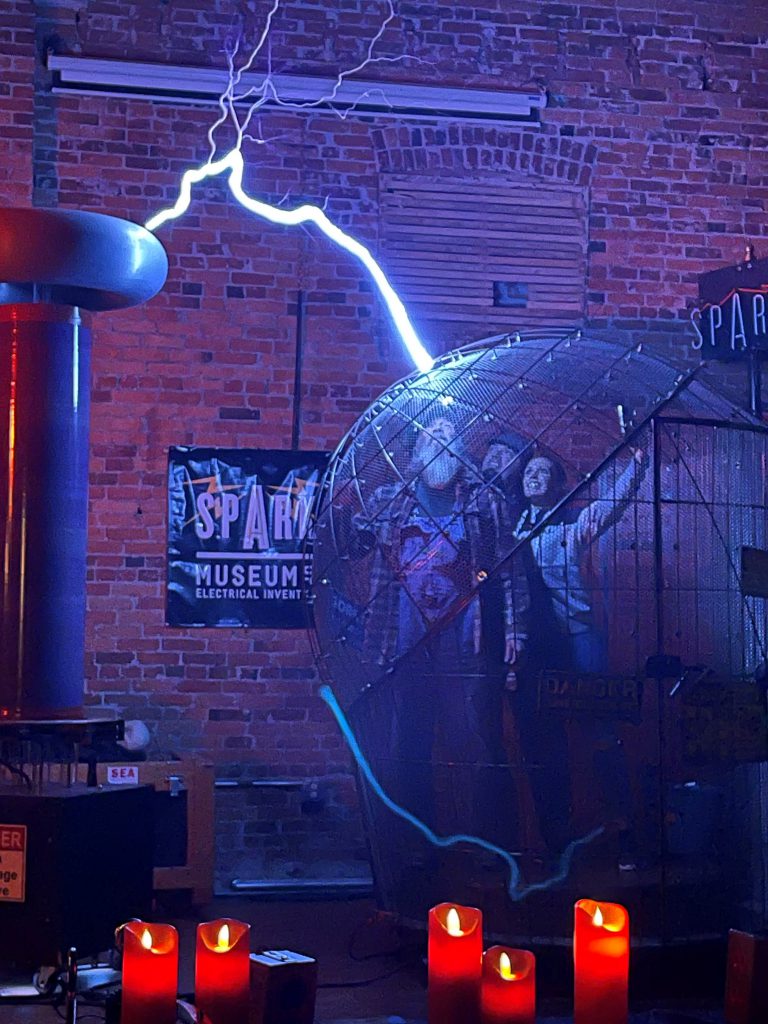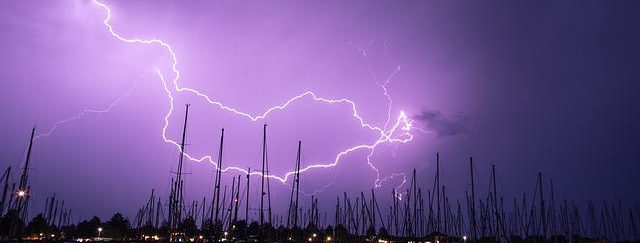If you have ever been caught outside during a lightning storm and suddenly seen the sky split-apart with bright branches of white-hot light, or heard a blast of thunder as it rushed in waves over your head and shook the ground you stood on, then you know how monumental, how startling, humbling and downright frightening that experience can be.
These are forces so large, so fast that they can be difficult to comprehend. It’s Mother Nature gone completely berserk, and throwing out an invisible static charge with a huge reach—much further than most people expect. One more thing: it’s fast.
No predator on earth strikes faster than a stream of electrons looking for the quickest path to ground. When that stream senses its prey (could be you!), it strikes without hesitation. “By the time you realize you’re the target, it’s already over,” warns Jon Winter, co-founder and frequent electrical shock victim. “The next time you get shocked – and you will – if electricity could say anything to you at all, it would say, ‘Nothing personal – just passing through’”.

https://greekmythologytours.com/blog/315-zeus-greek-god
Imagine how terrifying lightning and thunder must have been to our ancestors. Today, what is common knowledge to our children, no one knew just a few hundred years ago, or could have conceived of knowing. “People back then weren’t any more stupid than people today,” says Winter. “The difference is they just didn’t have enough information.”
Since the beginning of time people have looked up to the sky and wondered about our relationship to the celestial world above and everything in- between. Lightning has always been a baffling wonderment. If lightning is Mother Nature’s most dramatic weather phenomena, it’s also its most common. Lightning flashes 3 million times a day, 44 times every second somewhere, everywhere world-wide. Lightning strikes people, animals, buildings, starts fires, and often accompanies earthquakes and tornadoes.
But why? Why does lightning strike where it does? If lightning hits my cow, or my house, is it personal? Great question, one humanity has asked since the beginning of time.
The most famous of the pre-enlightenment explanations came from early Greek mythology who believed bolts of lightning were Zeus’ weapon of choice. As the chief Greek deity, Zeus is considered the ruler, protector, and father of all gods and humans. He is often depicted as an older man with a beard and throwing bolts of lightning upon the gods and humans who upset him.
By the mid-1700s, the notion that lightning strikes were some form of divine retribution or supernatural punishment seemed less and less likely, as most of the buildings struck by lightning were not the taverns and houses of ill- repute, but churches with tall steeples supporting huge metal bells. “Why would the churches be the target of a wrathful god?” was the question. “Why not the ale houses, brothels and gambling dens?”
It was Benjamin Franklin who famously proved that if you got struck by lightning it wasn’t personal, nor supernatural.

Franklin and his contemporaries demonstrated that the static electricity he was creating on his friction machine, was basically an extremely small form of that huge bolt of lightning in the sky, and if he could control that baby spark on his machine with a metal point, he should be able to control that mother spark in the sky with a grounded crown of metal points.
Soon lighting rods went up all over Europe and the Colonies, and Franklin would be forever known as the Man Who Tamed Nature, and rightly so.
Today, lightning strikes 20 million times a year in the United States, with Texas and Florida leading the nation in lighting activity and fatalities. Actually, Florida has 17 out of the top 30 cities for lightning making “The Sunshine State” also the “Most Lightning State”.
If Florida has the most lightning, which state attracts the least? That’s easy, it’s Washington State, located in the exact opposite corner of the country. Why Washington State? Washington is the ‘Least Lightning State’ in the U.S. because of the Pacific Ocean, and its cooler water temperatures, which create less convection.

If you’re looking for an electrifying experience while visiting the beautiful State of Washington, we strongly suggest a trip up to Bellingham, where, true to our name, lightning strikes several times a day–especially on weekends! The MegaZapper Electrical Show features one of the largest Tesla coils in the country, and where adults can get up-close and personal with 4.6 million volts of loose electricity, and live to tell about it!
You will not only snap the selfie of a lifetime, but you’ll be supporting science education in Bellingham. So do everyone a favor and visit our beloved Museum real soon. Until next time, stay grounded.
